Start learning 50% faster. Sign in now
K and G are immediate neighbours of each other on the same side of the table. As per this statement, there are two possible cases and the arrangement will look like this: Case-1 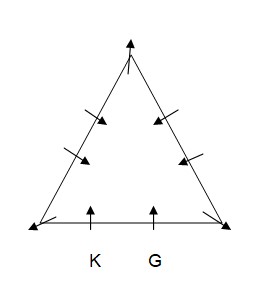 Case-2
Case-2 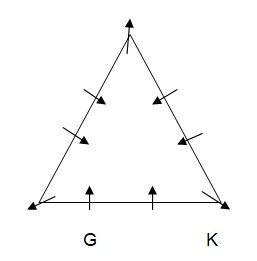 H sits third to the left of K. As per this statement, the arrangement will look like this: Case-1
H sits third to the left of K. As per this statement, the arrangement will look like this: Case-1 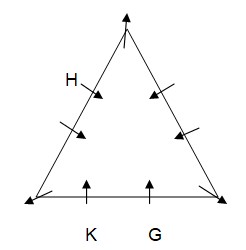 Case-2
Case-2 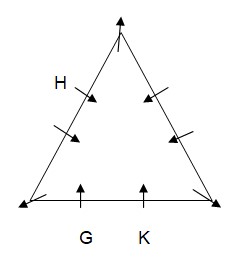 J sits two places away from H. As per this statement, CASE I will further get spilt into one more case and the arrangement will look like this: Case-1
J sits two places away from H. As per this statement, CASE I will further get spilt into one more case and the arrangement will look like this: Case-1 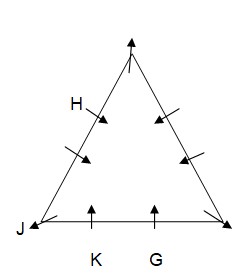 Case-1A
Case-1A 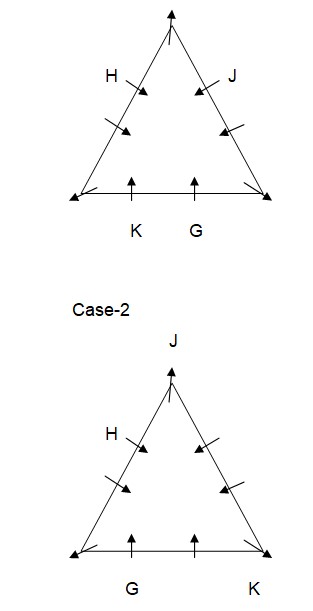 E sits to the immediate right of J. As per this statement, the arrangement will look like this:
E sits to the immediate right of J. As per this statement, the arrangement will look like this: 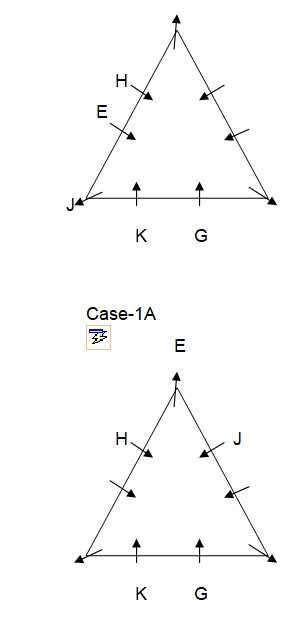 Case-2
Case-2 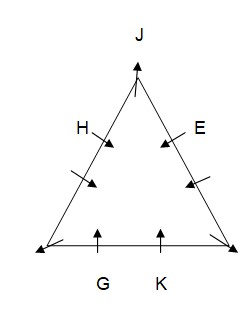 Only one person sits between G and F who is not an immediate neighbour of K. As per this statement, CASE II will get eliminated and we will continue with CASE I and CASE I (A) and the arrangement will look like this: Case-1
Only one person sits between G and F who is not an immediate neighbour of K. As per this statement, CASE II will get eliminated and we will continue with CASE I and CASE I (A) and the arrangement will look like this: Case-1 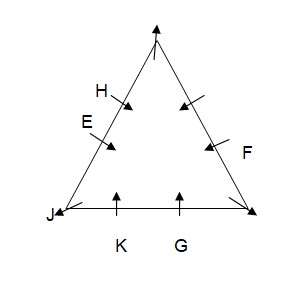 Case-1A
Case-1A 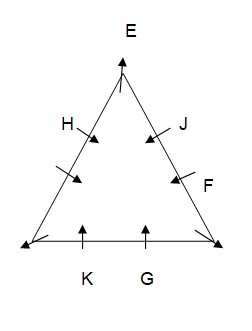 L sits fourth to the right of I who is not an immediate neighbor of H. As per this statement, CASE I will get eliminated and we will continue with CASE I (A) and the final arrangement will look like this: Case-1A
L sits fourth to the right of I who is not an immediate neighbor of H. As per this statement, CASE I will get eliminated and we will continue with CASE I (A) and the final arrangement will look like this: Case-1A 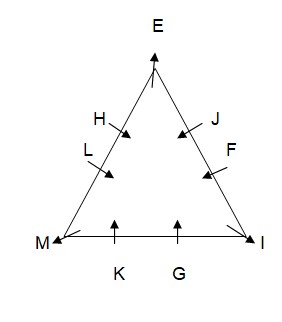
Which statement is correct about “Namami Gange Programme”
a. It is operated under Ministry of Jal Shakti
b. It seeks to accomplish t...
Which of the following qualifications is required to contest the election of the President of India?
I. He or she must be born outside India.
...The term Virovore is sometimes mentioned in News. Which of the following correctly define the given term:
Who recently climbed Mount Everest for a record 30th time?
In which of the following districts of Uttrakhand 'Hiljatra' folk drama is organized?
Which of the following state has topped among 18 large states in India Justice Report 2022?
Who was the British Commissioner of Kumaon for whom the phrase "No lawyer, no appeal, no argument" is attributed?
What was the inflow of NRI deposits from April to July 2024, as reported by the RBI?
Who built the 'Thousand Pillars Palace' during the Sultanate period?
On which date did Sikkim become the 22nd state of the Indian Union and its monarchy was abolished?